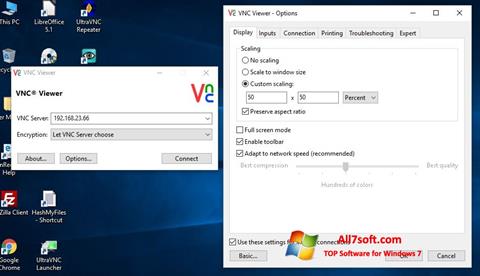

If you are caught in a prohibited transaction, you will be banned regardless of whether you are the seller or buyer either way, you broke the rules.

There are several reasons for that, ranging from the legal (the game and the items in it are the property of the publisher) to security issues (accounts and items offered for sale are often stolen or obtained by dishonest means). So before looking for a buyer for your Golden AK-47 or purchasing the Sword of a Thousand Truths, you should check whether doing so will get your account blocked.įor example, the developers of the MMORPG RuneScape prohibit the sale of both accounts and items for real money. To begin with, not all developers allow users to exchange in-game items, much less sell them for real money. In this article, we tell you how to preserve the fruits of your hard grind, avoid common fraudulent schemes, and not bring down the banhammer. Gamers must be prepared to look after their property themselves. You should keep in mind that some publishers, including Valve, have refused to return items to players that they voluntarily gave up to scammers. Unfortunately, there are also scammers in the gaming community who use cunning schemes to leave honest gamers high and dry. Others are just looking to unload the wealth that they have acquired before quitting the game altogether. Some sell items that they cannot use for their character class. Many gamers have turned in-game item trading into a robust source of income.


 0 kommentar(er)
0 kommentar(er)
